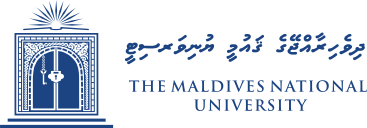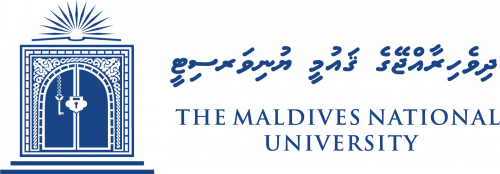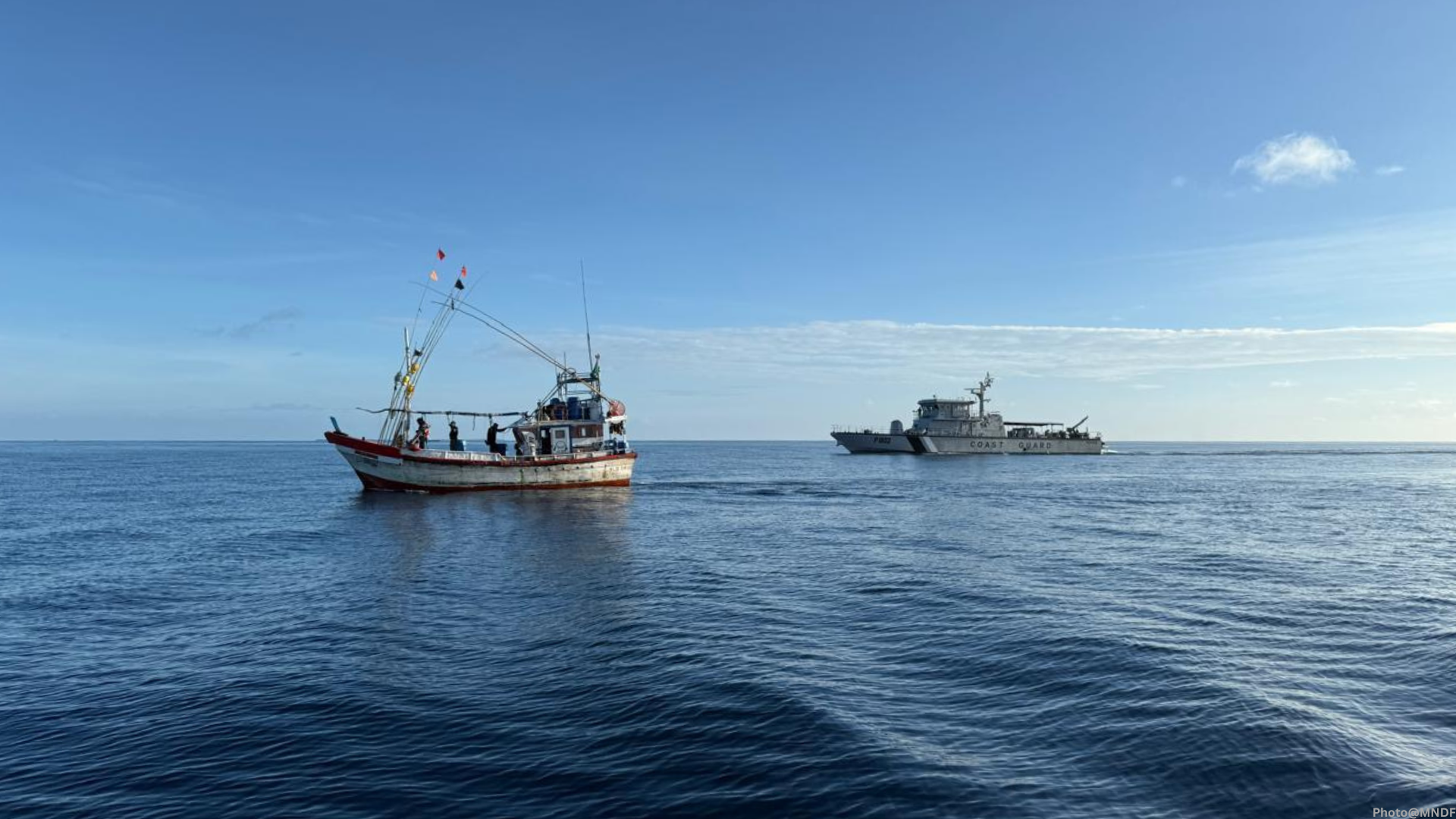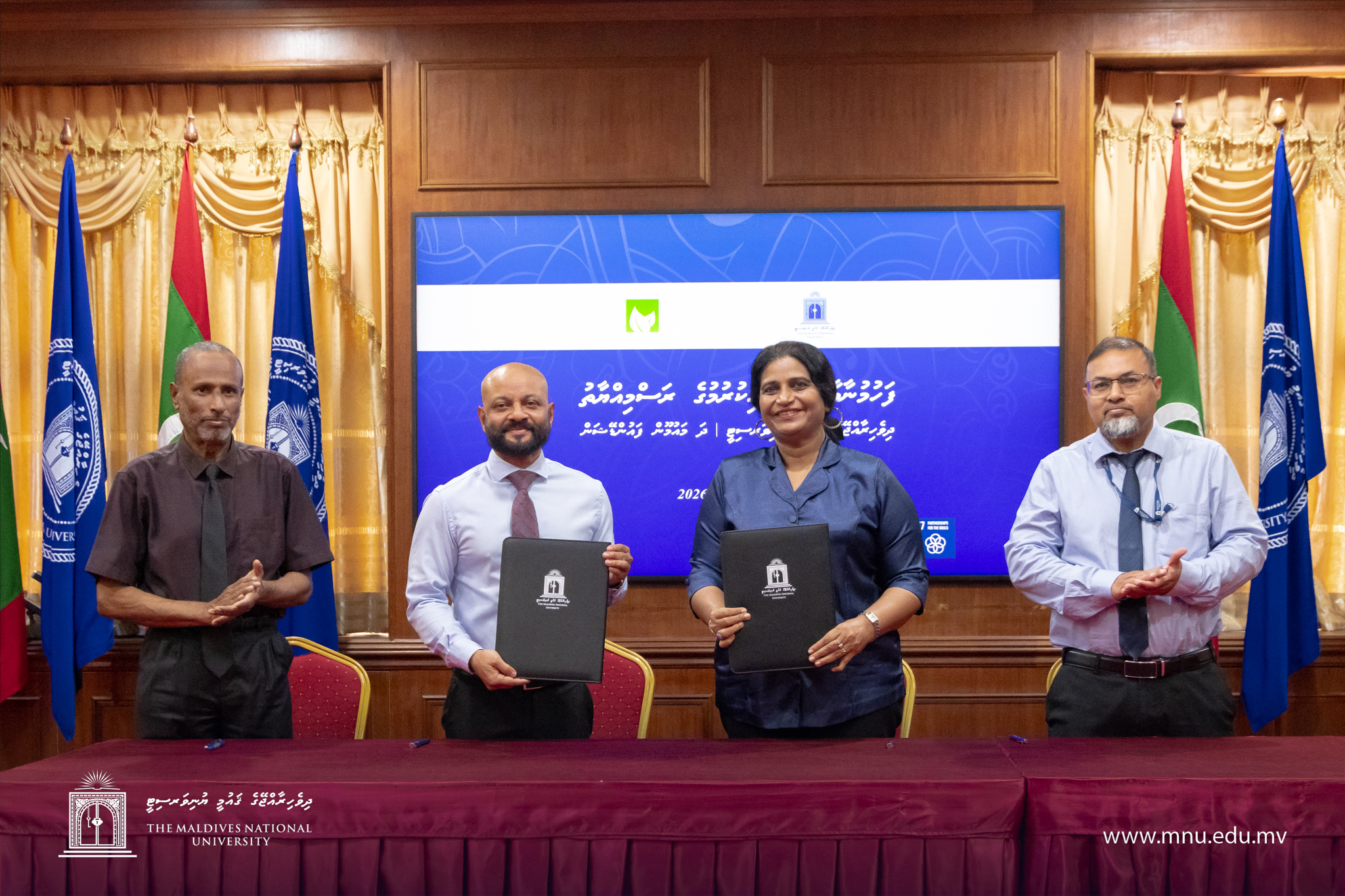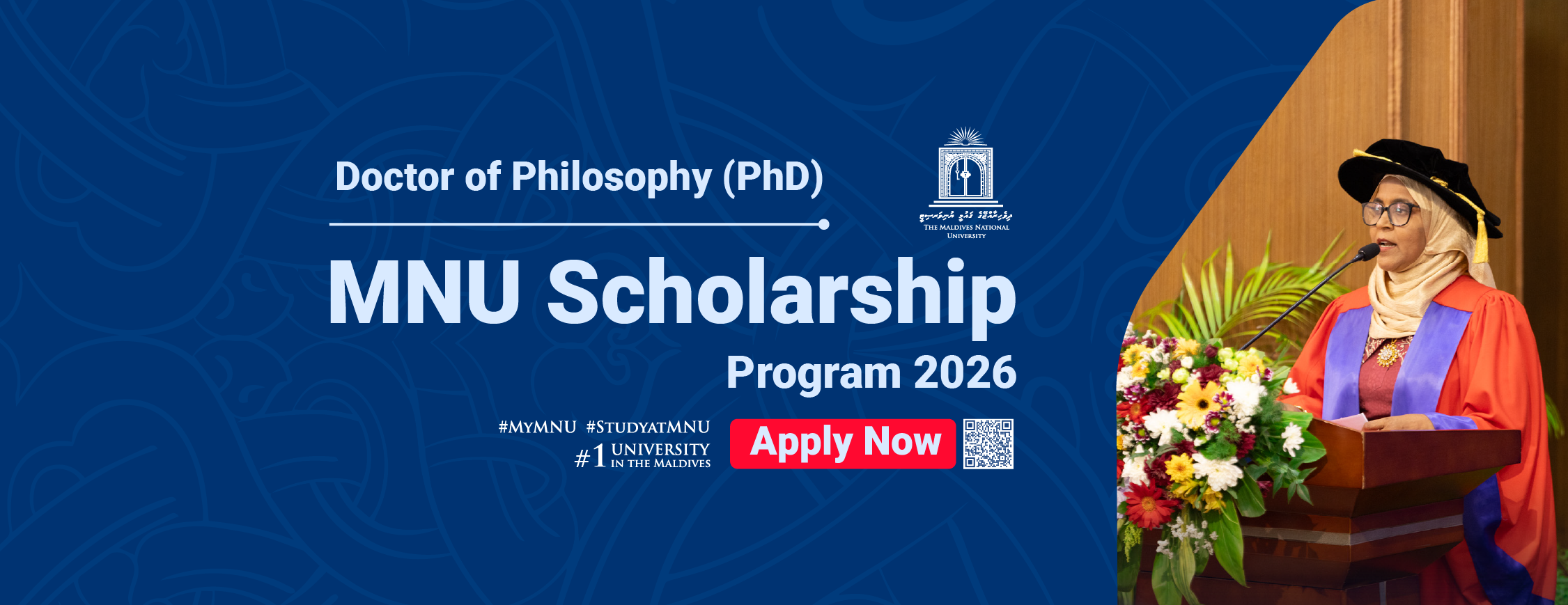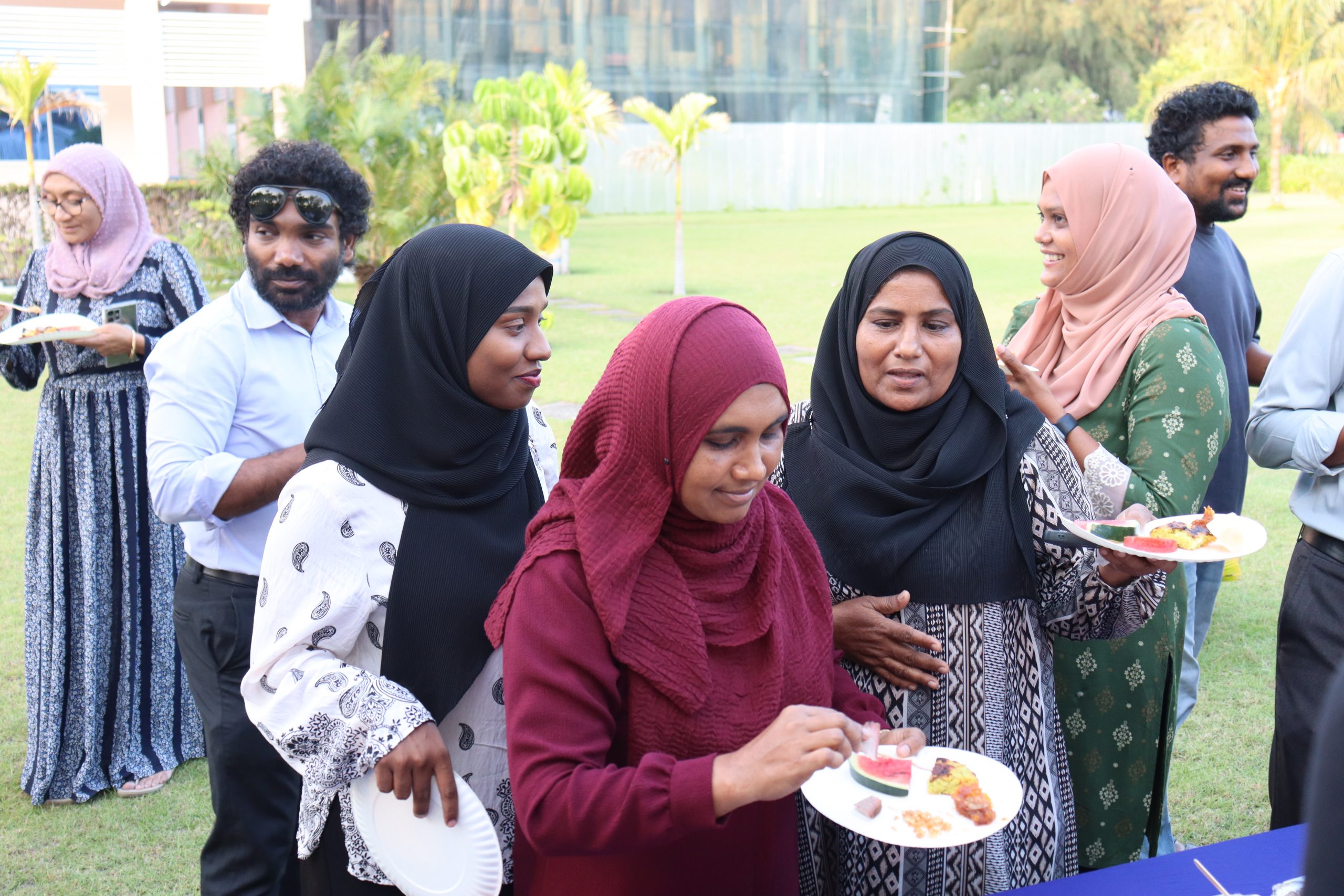Introduction
The geographic position makes Maldives an increasingly crucial transit hub for maritime drug trafficking, shaping national and regional security priorities.
Maldives sits between two of the world’s most notorious drug-producing regions: the Makran coast, which forms part of the Golden Crescent (comprising Afghanistan, Iran, and Pakistan), and Southeast Asia’s Golden Triangle, which includes parts of Myanmar, Laos, and Thailand, hence making its waters a favoured route for drug trafficking activities.
The vastness of the Maldives’ Exclusive Economic Zone (EEZ) poses significant challenges for effective patrolling and monitoring. These difficulties are compounded by limited access to real-time intelligence and the lack of advanced surveillance technologies.
Therefore, addressing drug-related crime in Maldives would require navigating national security priorities with regional partners through defence diplomacy and military-to-military cooperation.
Framing Small States’ Security
In the 2018 Boe Declaration, the Pacific Islands, along with Australia, declared that security is more than military-based exercises, by framing climate change as the single greatest threat to the sustainability and national and regional security.
The Pacific Islands, or Maldives for that matter, have limited resources to address inundation caused by sea level rise.
This broader understanding of security allows small states to tap into regional mechanisms—whether through organisations or bilateral partnerships—to strengthen their national capacity to address issues of sustainability and security. Global adaptation and mitigation programmes, for example, reflect a shared recognition of such a challenge by the international community to shape aid policies in small states’ favour.
With such limitations, for small states, the lack of resources can translate into a desire to form strategic partnerships with external security actors.
Rising Challenges – Scattered Information
On 23 November 2024, the Sri Lankan fishing trawler “Ashen Putha” was apprehended by the Maldives National Defence Force (MNDF) Coast Guard, with 344 kg of crystal methamphetamine and 124 kg of cocaine.
A week before Ashen Putha was captured, the Coast Guard intercepted a Sri Lankan fishing trawler, “MASHI BABA”, 10 nautical miles northeast of Haa Alifu Kelaa. The vessel was apprehended and subsequently handed over to the Maldives Police Service (MPS). The crew members of MASHI BABA were inexperienced in fishing activities.
During the investigation of MASHI BABA case, in November 2024, the MNDF Coast Guard received key intelligence inputs about another Sri Lankan fishing vessel, Ashen Putha, located to the northwest of Haa Alif Makunudhoo within the Maldives’ territorial waters. Upon boarding this vessel, the crew initially claimed to be in distress and requested medical assistance.
After a thorough search was conducted, the Coast Guard discovered suspected drugs aboard the vessel, which was then handed over to the police for further action and investigation.
It was suspected that the fishing vessel MASHI BABA was positioned at the transit hub, in Maldives to receive drugs from Ashen Putha to be transported to Sri Lanka. Furthermore, they may have used Maldivian waters to evade detection by Sri Lankan authorities, especially considering the several other drug busts that were being carried out by the Sri Lankan Navy earlier the same month.
The drugs were not intended for distribution or consumption within Maldives – although they may potentially create room for local engagements. The drugs were rather destined for a different, possibly larger regional market in South Asia or Southeast Asia. Maldivian waters were a convenient and strategic transit route due to the country’s vast maritime area. The perpetrators were probably observing the limitations of surveillance capabilities in Maldives, enabling them to operate undetected.
Moving Beyond the Challenges: The Path Ahead
The transnational nature of drug trafficking requires regional and international efforts to combat it. Maldives cannot address the issue alone, given the scale and sophistication of modern criminal operations at sea.
Criminal networks utilise highly advanced smuggling tactics, including the deployment of floating drug packages equipped with VHF (Very High Frequency) beacons – i.e., use of advanced technologies by criminal groups is on the rise. These packages can be discreetly dropped in international or territorial waters and later retrieved by accomplices using the beacon signals, making interception by local authorities considerably difficult. This allows traffickers to reduce the risk of detection and arrest while enabling coordination across vast maritime distances.
The seagoing vessels and their crew members often come from diverse nationalities, creating legal and jurisdictional ambiguities. For example, a ship flying one’s flag, with a multinational crew, carrying drugs intended for another country, raises complex legal questions that a single state may not have the institutional frameworks to address its criminal activity alone.
Mere bilateral or regional discussions are not enough. There must be real-time intelligence sharing among countries within the region and even globally. This may be considered in the following areas of cooperation.
Legal cooperation:
In building capabilities, Maldives can strengthen the pool of regional legal experts in Public International Maritime Law, filling potential gaps in information and legal processes between jurisdictions to best curb threats originating abroad and serving its national interests.
Maritime surveillance cooperation:
Rapid communication and coordinated maritime surveillance can lead to quicker interdiction of suspicious vessels and more effective prosecution. Maldives requires the support of larger, more resourceful nations in the region or even broader international coalitions – the DOSTI-trilateral exercise between Maldives, India, and Sri Lanka is notable.
This assistance can provide modern equipment and technology, maritime situational awareness tools, training, and legal expertise to fill the existing gaps that traffickers tend to exploit.
The Maldives is venturing into newer domains, such as space, to expand its capacities, as outlined in plans to develop a satellite-based monitoring system.
Minister of Defence Mohamed Ghassan Maumoon confirms that the Government’s effort in the Maldives Space Research Organisation (MSRO) and collaboration with NASA-affiliated experts. Establishing a low-Earth orbit (LEO) satellite would significantly enhance the country’s ability to monitor its extensive maritime territory. Developing a geosynchronous orbit satellite (GEO) should be the next defined goal for Maldives as well.
Defence diplomacy:
With improved access to real-time intelligence, Maldives can consider deploying liaison officers to key regional maritime coordination centres such as the Combined Maritime Forces (CMF) and other regional fusion centres across the Indo-Pacific, promoting regional defence diplomacy as a tool of national security.
Conclusion
Without shared responsibility, the sea will continue to be a safe haven for smugglers, threatening both Maldives’ national security and regional stability. Tackling threats at sea requires a unified, well-defined and coordinated effort, combining the best practices of nations with an informed focus on proactive intelligence sharing, legal cooperation, and sustained technological advancement.
Author
Lt Col Ahmed Jameel is a serving officer in the Maldives National Defence Force (MNDF). He has a postgraduate degree in International Relations from Salve Regina University, USA. The author acknowledges that statements, opinions and arguments made are of his own and do not reflect the Maldivian Government’s policy and position.
